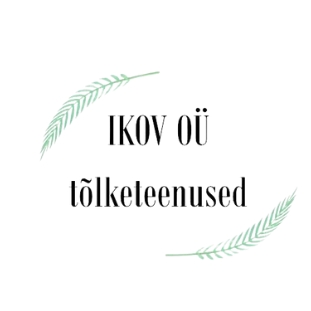The importance of accurate legal translations
Legal translation is the process of converting legal documents and texts from one language to another while preserving their legal meaning and significance. This specialized field requires not only linguistic skills but also a deep understanding of legal concepts and terminologies.
Legal translation poses unique challenges due to the complexity of legal language, the need for absolute precision, and the potential for significant consequences if inaccuracies occur. The legal systems and practices can vary greatly between cultures and countries, adding another layer of complexity to the translation process.
The Consequences of Inaccurate Legal Translations
Inaccurate legal translations can lead to misunderstandings in contractual agreements, result in the misapplication of laws, and even cause cases to be dismissed in court due to errors in documentation.
Mistakes in legal translations can incur substantial financial losses, from fines and penalties to the costs associated with legal disputes and contract renegotiations.
Businesses and individuals may suffer reputational harm if inaccuracies in legal translations lead to public legal failures or the perception of unprofessionalism.
Key Aspects of Accurate Legal Translations
Accurate legal translations require an in-depth knowledge of the relevant legal systems and an ability to interpret legal texts within the context of those systems.
Legal documents are filled with specialized terminology that must be translated with precision to avoid altering the meaning of the text. This demands expertise in legal language and attention to detail.
Translators must consider cultural nuances and localize content to ensure that the translation is appropriate for the target audience while remaining faithful to the source material.
Best Practices for Ensuring Accurate Legal Translations
Engaging professional legal translators with the appropriate expertise ensures that translations are accurate and legally sound.
Implementing rigorous quality control processes, including proofreading and cross-referencing with legal experts, is essential for maintaining the integrity of legal translations.
Legal translators must engage in continuous learning to keep up with changes in laws and legal terminology, ensuring their translations remain current and accurate.
The Role of Technology in Legal Translations
Translation memory systems can aid in the consistency and efficiency of legal translations by storing previously translated segments for future use.
While machine translation has advanced significantly, human oversight is crucial in legal translations to ensure accuracy and to address nuances that technology alone cannot capture.






Comments (0)